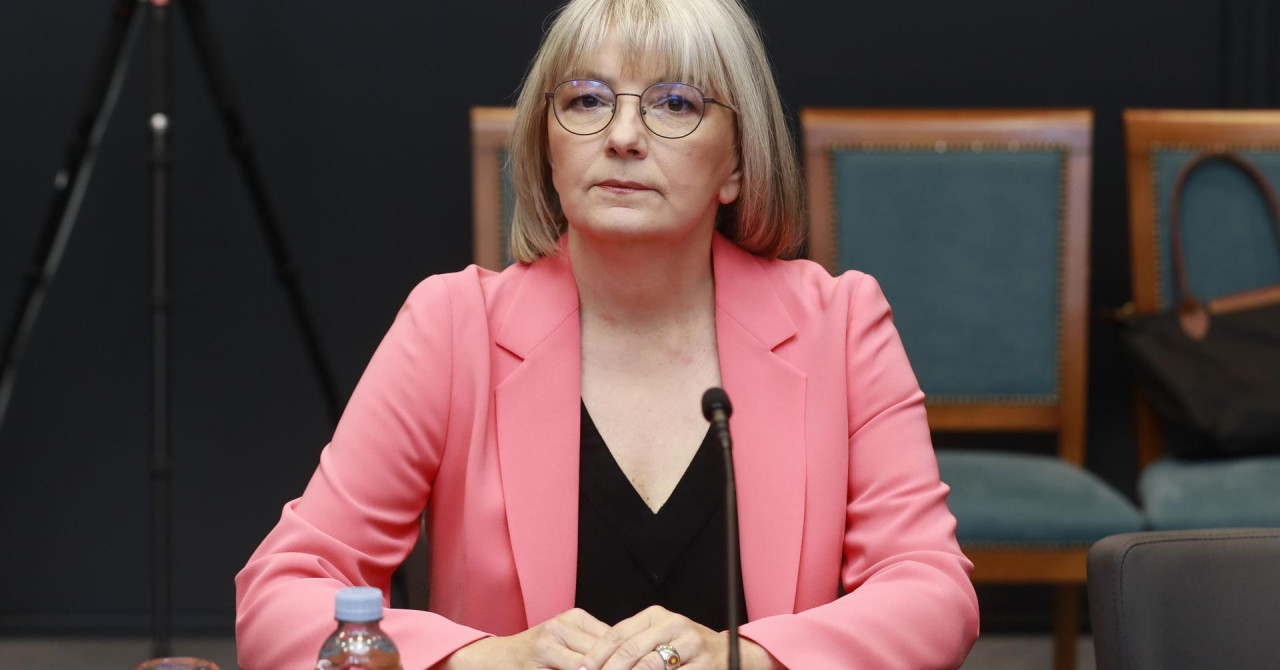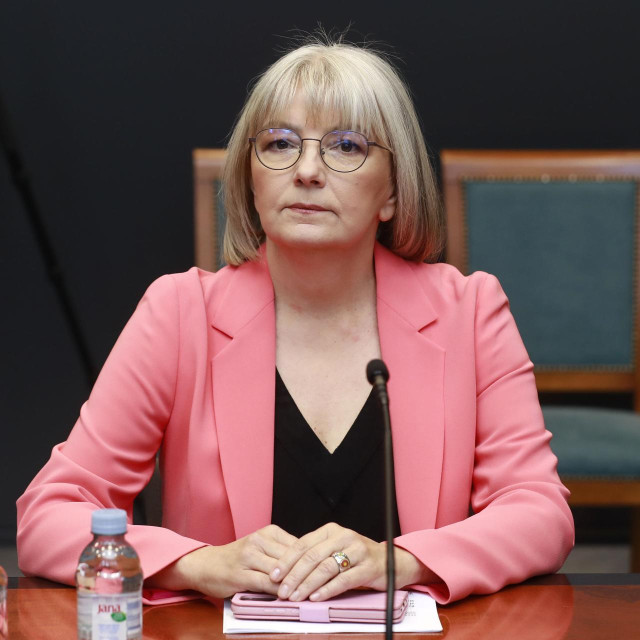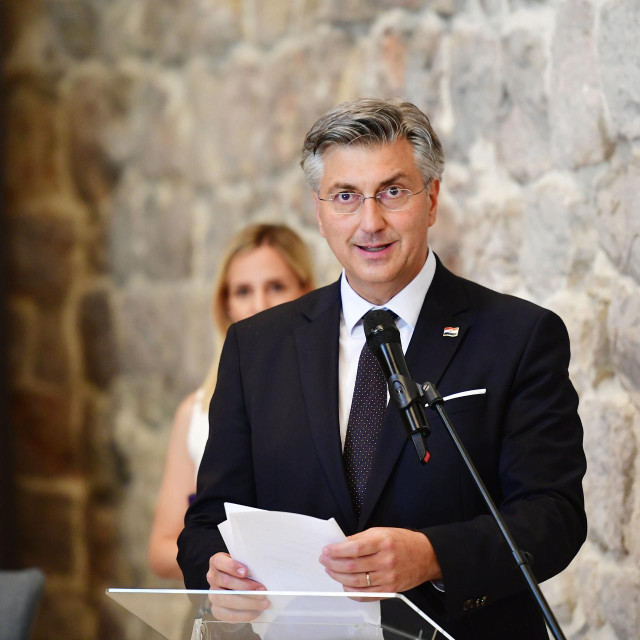The parliamentary majority in Croatia has unanimously decided not to support Sandra Artuković Kunšt, the president of the Republic’s nominee for the head of the Supreme Court. Prime Minister’s representative Damir Habijan emphasized that although the president proposes the candidate, the final decision is made by the Croatian Parliament. The candidate did not impress the members of the judiciary committee and did not offer concrete solutions to the challenges facing the judiciary, which led the ruling coalition to decide not to support her nomination. If the Parliament rejects her nomination, a new public call will be announced. This process of selecting the head of the Supreme Court is conducted according to legal procedures, and relations between the government and the president will not worsen because of this.
Political Perspectives:
Left: Left-leaning outlets emphasize the importance of judicial independence and the need for transparent and merit-based selection processes. They highlight concerns about political interference in the judiciary and stress the necessity for candidates to present clear and concrete solutions to judicial challenges.
Center: Center-leaning sources report the facts of the parliamentary majority’s decision, focusing on the legal procedures and the roles of the president and parliament in the appointment process. They present a balanced view, noting the candidate’s lack of support and the procedural next steps without strong editorializing.
Right: Right-leaning media may focus on the government’s authority and the parliamentary majority’s right to reject candidates, emphasizing the importance of maintaining checks and balances. They might also highlight the candidate’s failure to impress as justification for the rejection, supporting the government’s decision.



